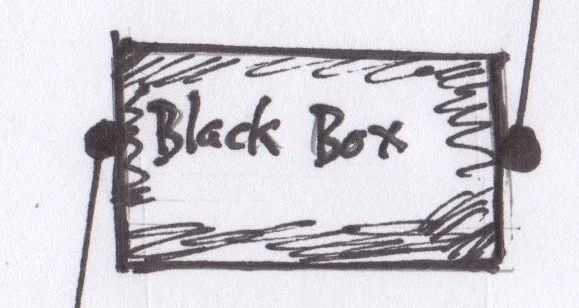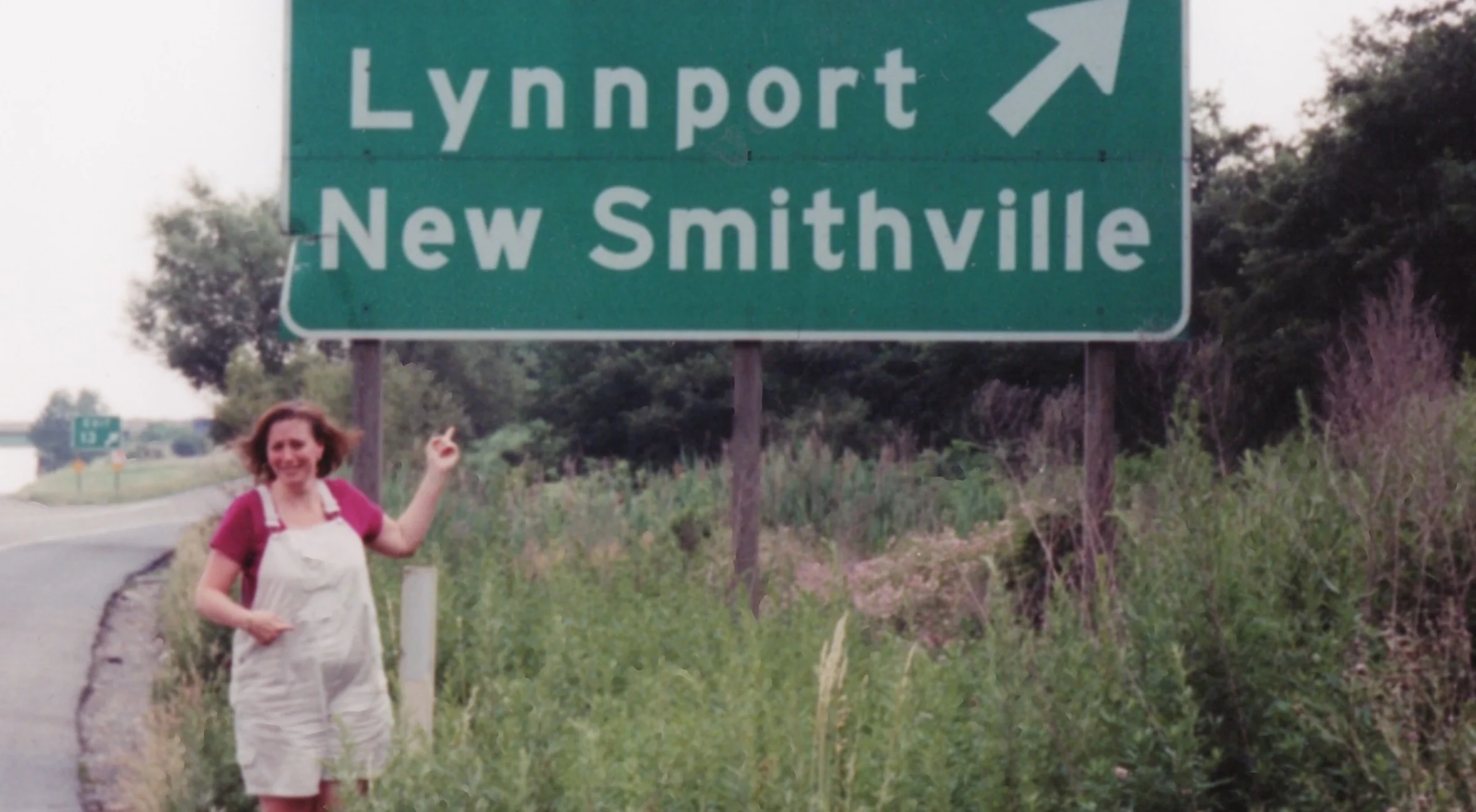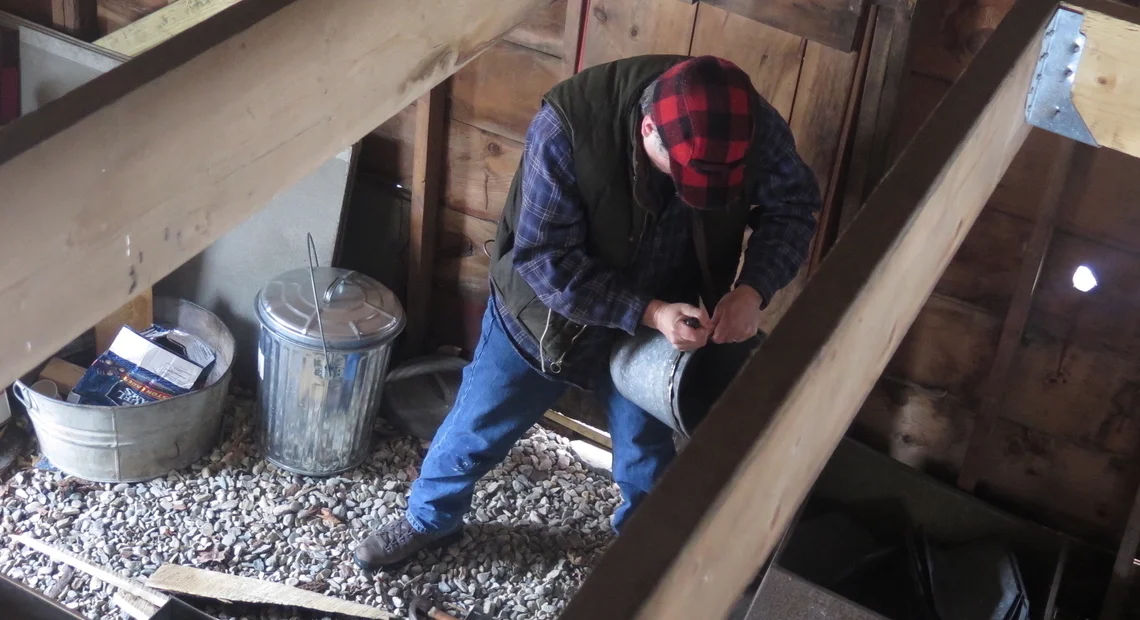Remembering what grief looked like in our family. It looked like chaos. And it felt like my fault. What shaped my perception of this chaos was a crushing sense of failure.
Counting down to Day 28 (2019)
Imprisoned in the hospital, I can do almost nothing for Suzanne as she withdraws from friends and family. Day 28 is when the doctors say I might leave. I start counting toward that day as if it were a promise.
An equal and opposite hole (2019)
Remembering the intensity of my mother’s commitment to us and how our constant conflicts made her feel like she was failing. She often said to me, “You wish I had died instead of your father.”
Pencils down (2019)
My company comes to a halt between Christmas and New Year’s. Pencils down. Leukemia surprised me that week, but so did a new perspective on my professional life.
Trajectories of grief (2019)
Remembering how my mother’s brother died suddenly when I was a young adult. The shocking immediacy of this loss reawakened my grief about my father dying—and about how we handled our grief as a family.
The melancholy of all things finished (2019)
The monument I built to leave behind didn’t last for long. The cabin started rotting as soon as we finished it. In a professional setting, I concealed my attempt to build something else—another dream I had as a teenager that decomposed in adulthood.
The cabin (2019)
Remembering how my cousins and I built a log cabin deep in the woods and almost entirely by ourselves. I suffered a rage about finishing it that I couldn’t control and couldn’t explain.
Circles of failure (2019)
Struggling with the collapse of an industry and the viability of my career just as the 2008 recession struck, I found myself grieving about the direction my life had taken. And I felt I had failed my mother.
Where the hell have you been? (2019)
Remembering how we learned to live with the empty space in our family. The people we love most are the most uniquely irreplaceable. It is their specificity that makes grief so hard.
New Smithville (2019)
I became my father’s good man. If he could have seen the life I chose to live, he would have approved. But filling his hole, being his good man meant being just as vulnerable as he was.
An empty drawer (2019)
Remembering the empty space in our family after my father died. My mother and I kept looking for him in each other and were continually disappointed.
You the ghost (2019)
As an adult, I talk to my father while sitting on the wall beside his grave. I have built projects in sight of the cemetery, and I imagine him talking to me during sugaring. But our conversation will vanish into the conversations my children have with me.
The job you are given (2019)
When my mother turned seventy, my sisters and I gave her a family trip. Anywhere she wanted to go. We ended up on the Mississippi in a houseboat called The Trump. I ended up in charge.
Take care of your mother. (2019)
Remembering my father’s funeral and what many people said to me there, in the casual sexism of the time: “Take care of your mother.” I felt stunned each time I heard it.
Wander rules (2018)
Twenty-four hours a day the chemo drips into my veins. The IV pole follows me around the room. I think about myself and who I suddenly am not.
The work of dying (2018)
Remembering the final months of my father’s life. “When you are dying,” he said, “everyone you love grieves just for you. But you must grieve individually for all of them.”
Rainbow snowflakes (2018)
Dying of cancer in 1973, my father had one question, “Did it spread?” Today oncologists answer many questions, but the more they explain, the more I have to trust them. We are all helpless in the face of expertise.
On the basis of full disclosure (2018)
Remembering how my father’s doctors resisted disclosing his condition. In 1973, surgeons did not tell patients that cancer had spread. In fact, they actively concealed it, and this delayed him from starting to say goodbye.
If I only knew what to expect. (2018)
Am I high risk or low risk? My test results keep getting delayed. Scared and upset, I need the warmth of people I know and trust. But my doctors keep changing.
Her planted garden (2018)
Remembering how my mother helped us in precisely the right way at exactly the right time. This was her planted garden—cultivating who we would become. In tending this garden, she was deeply dependent on my father.



















